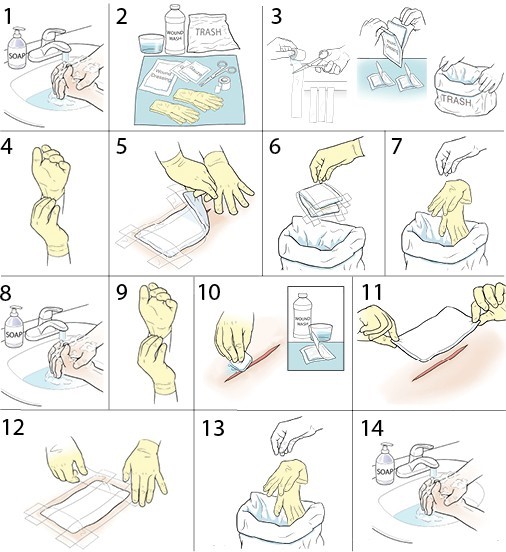A nurse is assisting with the plan of care for a client who is scheduled for hemodialysis via an arteriovenous fistula in the arm. Which of the following actions should the nurse recommend?
Reinforce with the client to sleep on the side of the access site.
Obtain the client's blood pressure in either arm.
Encourage the client to increase fluid intake.
Obtain the client's weight.
The Correct Answer is D
Nursing Test Bank
Naxlex Comprehensive Predictor Exams
Related Questions
Correct Answer is B
Explanation
Incident report
When a nurse makes a medication error, such as administering an incorrect dose or an extra dose, it is important to document the incident in an incident report. Incident reports are confidential documents that provide a record of the event, facilitate communication among healthcare providers, and allow for further investigation and analysis to prevent future errors.
Provider's progress notes in (option A) is incorrect. The provider's progress notes are typically used to document the provider's assessment, diagnosis, treatment plan, and progress of the client. Medication errors made by nursing staff are not typically documented in the provider's progress notes.
Controlled substance inventory record in (option C) is incorrect. The controlled substance inventory record is used to track the administration and use of controlled substances. It may not be the appropriate location to document a medication error. However, it is important to follow institutional policies regarding the documentation of medication errors involving controlled substances.
Nursing care plan in (option D) is incorrect. The nursing care plan is a document that outlines the nursing diagnoses, goals, interventions, and evaluations related to the client's care. While medication administration may be a part of the nursing care plan, documenting a medication error in this location is not the standard practice. Incident reports are specifically designed for reporting and documenting errors or incidents that occur during client care.
Correct Answer is C
Explanation
When removing the dressing and cleaning the wound, it is important to start from the center of the wound and work toward the outer edges. This technique helps prevent contamination of the wound by minimizing the risk of dragging bacteria or debris from the surrounding skin into the wound.
The other options listed are not recommended for this specific procedure:
When removing the tape, it is generally recommended to pull it parallel to the skin surface rather than pulling it from the center of the dressing. This technique reduces the risk of causing trauma or disrupting the wound.
While it is important to maintain an aseptic technique during dressing changes, wearing sterile gloves is not necessary for a wet-to-dry dressing change. Clean, non-sterile gloves are typically sufficient for this procedure, as the dressing material itself is not sterile.
In a wet-to-dry dressing change, the dressing is typically applied moist and allowed to dry over time. Therefore, moistening the dressing before removal is not necessary. The primary goal is to remove the dry dressing, which may adhere to the wound bed, and then clean the wound before applying a fresh dressing.

Whether you are a student looking to ace your exams or a practicing nurse seeking to enhance your expertise , our nursing education contents will empower you with the confidence and competence to make a difference in the lives of patients and become a respected leader in the healthcare field.
Visit Naxlex, invest in your future and unlock endless possibilities with our unparalleled nursing education contents today
Report Wrong Answer on the Current Question
Do you disagree with the answer? If yes, what is your expected answer? Explain.
Kindly be descriptive with the issue you are facing.
